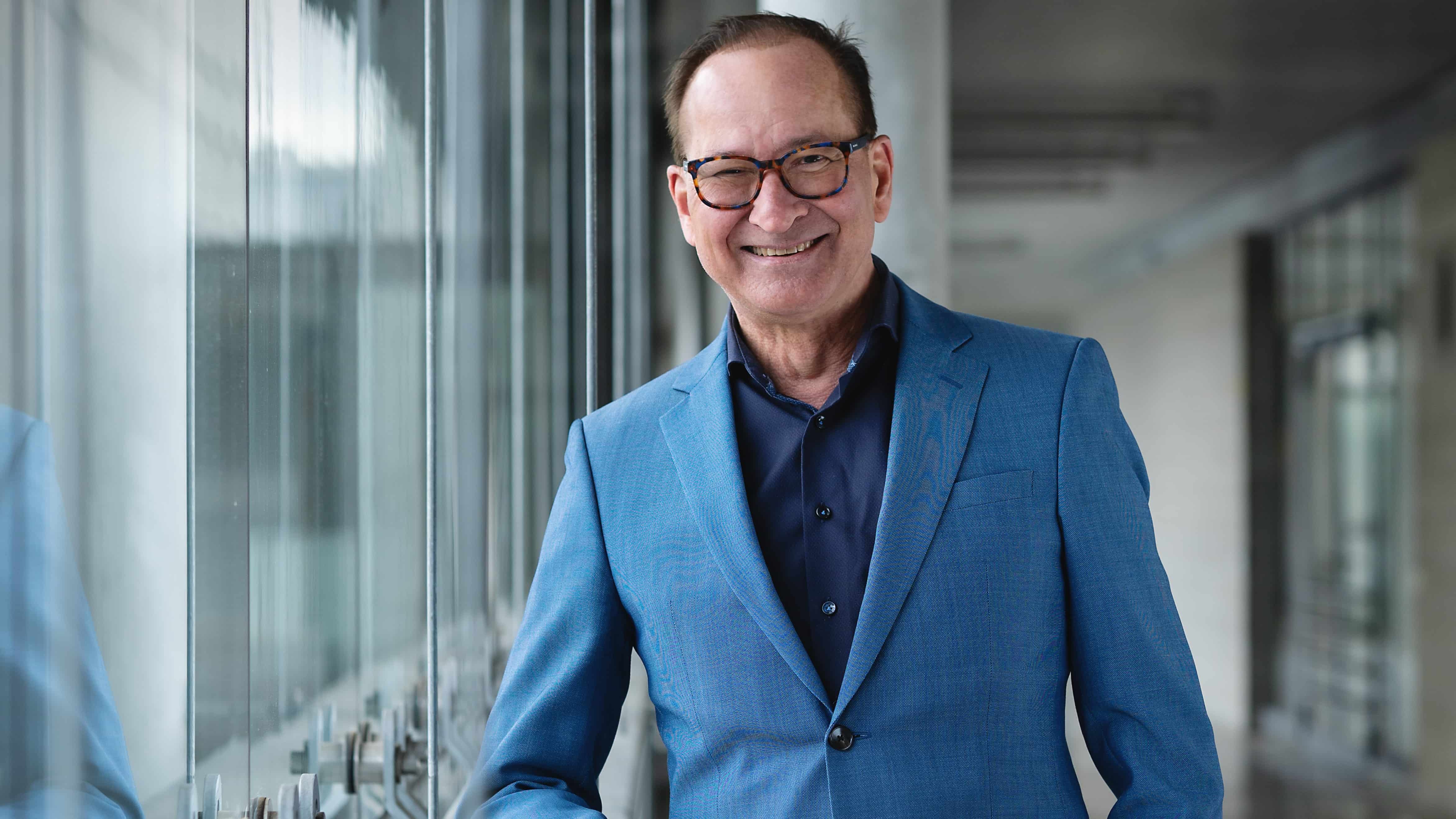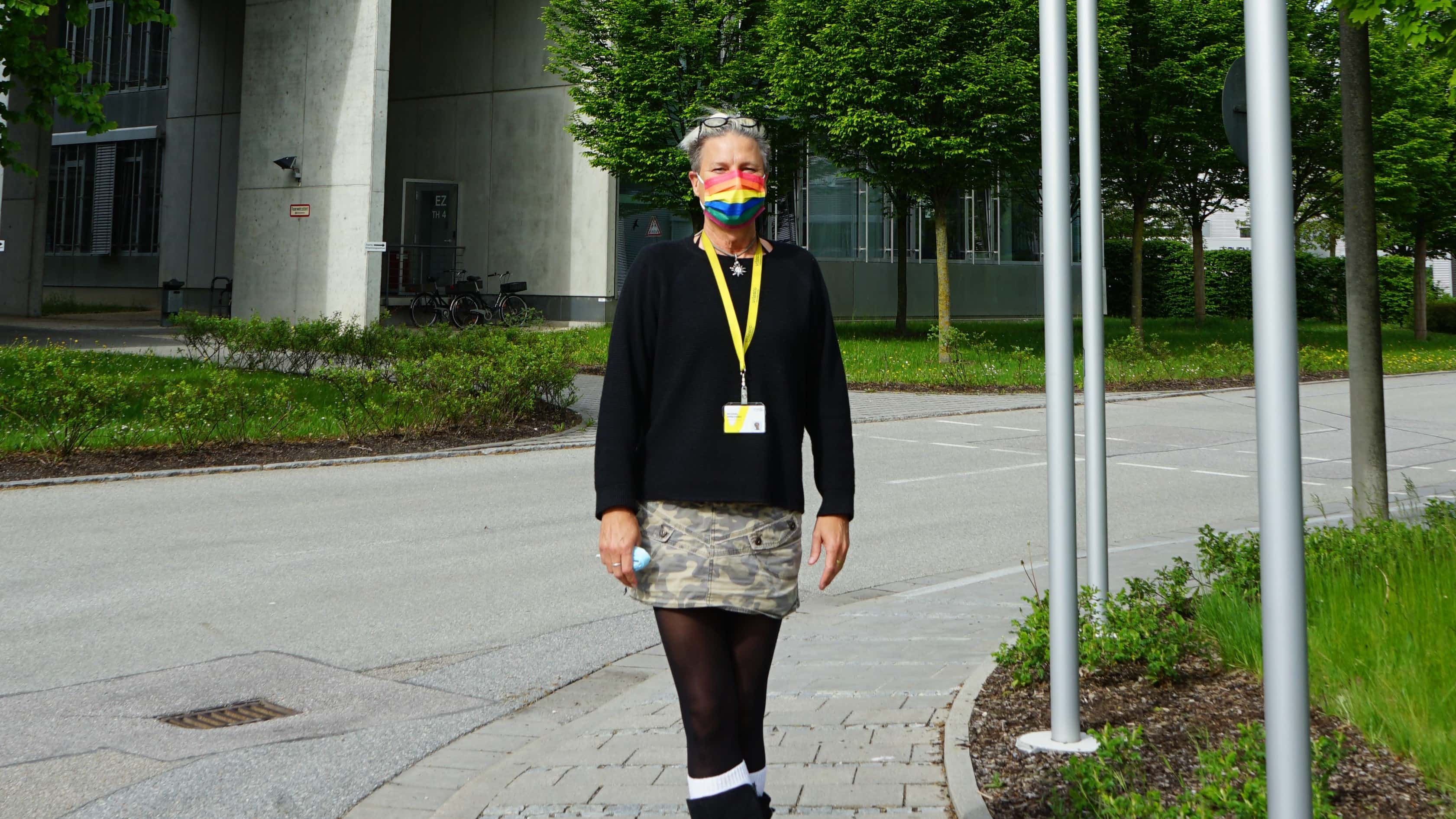DIVERSITY, EQUITY AND INCLUSION
Florencia “Flora” Stanfield joined Vitesco Technologies in July as its first Diversity Officer. Her role is instrumental in leading the strategy and execution of activities and programs which will underpin the company’s Diversity, Equity and Inclusion efforts in the region and across the global footprint of Vitesco Technologies.
In the following interview, Flora gives voice to her new role from the multi-faceted perspectives of her professional and personal experiences.
Can you share a bit of your vision as it relates to your role as Diversity Officer?
Diversity, equity, and inclusion are fundamentally about human connection. I want to help Vitesco Technologies create and foster an environment where individuals are welcome, appreciated, heard, and respected. To have a culture where both differences and similarities are valued. Every day, I think we need to aim to create a #partnering and engaging workplace that drives innovation and excellence.
Can you explain the evolution of your career as an HR practitioner to DE&I specialist?
For me, DE&I is part of the evolution that we are seeing in many companies toward long-term sustainability. Because diversity, equity, and inclusion, in the end, mean accepting EVERYONE for who they are. Allowing everyone to be their true selves at work. It doesn’t have to do with race or age or gender or sexual orientation, or any other one-dimensional approach. We all have our personal stories, and we bring those to work with us every day. I have become super #passionate about it because I think all people need to have that chance to contribute and feel great about it. And if people feel engaged, feel like they belong, then the company has a greater chance of succeeding in the long run.
What is the role of leadership?
Allyship from leaders is critically important to develop our Employee Resource Groups* and to foster a culture of inclusion. Without their support, there is little that will get done. In the same direction, leadership development, or as I like to call it, the “Leadership Journey”, requires a capacity for insight and self-awareness, for recognizing that their own path - what brought them to where they are today- has imprinted on them a view of the world that is unique and personal. Overcoming blind spots or unconscious biases to be more inclusive leaders, therefore, becomes a leadership imperative. And those who accept this will be more successful leaders.
What are your thoughts on the topic of privilege as it relates to DE&I?
It’s not as simple as saying you are male and white and thus privileged. Your identity is composed of many factors. You may be privileged in certain contexts, and not in others. I might consider myself privileged because I am white, but not part of the “dominant culture” because I am Latina, or because I am female. I do not like the concept of privilege, but I think we have to acknowledge it exists.
Some of this conversation can be digested if you think about it in terms of “access.” Consider the idea that anyone talented enough or smart enough can earn educational opportunities. What happens when you step back and ask: does everyone have access to a computer at home, to the internet, wi-fi on-demand, do they have a quiet place to study? Is everybody able to stay home to do their homework, or did someone need to go out and work to support the family at an early age? Has everyone had supporting parents or caregivers that helped them fulfill their potential, or did they have a family environment that pushed them back, rejected them for their sexual orientation, or told them they were not good enough?
I agree that your personal effort and resilience may take you far – but let’s not forget that your circumstances have a huge effect on your future. I think those who are resistant to the idea of privilege might better understand it if you look at it through the lens of “access” – access to goods (e.g. a home computer), to services (e.g. healthcare or internet), to time (e.g. studying hours), to encouraging and nurturing relationships (e.g. parents and caregivers). And, unfortunately, this “access” has proven to be more difficult for certain underrepresented groups.
I am looking forward to an exciting journey with Vitesco Technologies and to leading the way on diversity, equity, and inclusion!
*Employee Resource Groups are voluntary, employee-led groups that foster a diverse and inclusive workplace aligned with Vitesco Technologies’ core values. These groups find a common identity trait that brings them together around a unifying mission. This can be gender, sexual orientation, race, ethnicity, faith, veteran status, disability status, working parents, age, job function, etc. However, you don’t need to be, to belong. Allies are as important.
If you were inspired by this interview, take a look at our next employee stories:
-

MOVE? YES, CROSS MOVE PLEASE!
MOVE? YES, CROSS MOVE PLEASE!
Last year, our colleague Geoffrey decided to do a cross-functional move within the company. He had the opportunity to learn new skills and apply his knowledge to a different field.
Read his story here.
-

COULD I BE RESPECTED FOR BEING MYSELF?
COULD I BE RESPECTED FOR BEING MYSELF?
As a member of the LGBTQ+ community, our colleague Michael shares details about his personal journey of coming out at work.
Find out more about his experience here.

